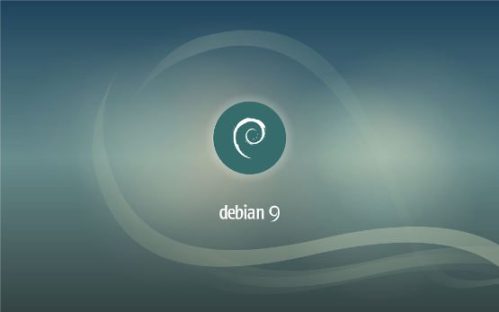During Debconf17 I was asked by Daniel Pocock if I can attend FOSScamp Syros to help with Debian’s l10n in the Balkans. I said I would be happy to, although my visit would be short (2.5 days) due to previous plans. The main idea of camp is to have FOSS people meet for about 1 week near a beach. So it’s sun, water and free software. This year it takes place in Syros, Greece.
After take the morning ferry, I met with the guys at noon. I didn’t know how would it be, as it’s my first time with this group/meeting, but they were very nice and welcoming. 10 minutes after my arrival I found myself setting with two of the female attendees starting to work on Albanian (sq) translation of Debian Installer.
It took my a few minutes to find my where to check out the current level1 files, as I thought they aren’t in SVN anymore, but ended up learning the PO files is the only part of the installer still on SVN. As the girls were quick with the assinged levle1 sublevels, I started to look for the level2 and level3 files, and it was annoying to have the POT files very accessible, but no links to the relevant git repositories. I do want to have all the relevant links in one central place, so people who want to help with translation could do that.
While some of the team member just used a text editor to edit the files, I suggested to them using either poedit or granslator, both I used a few years ago. Yaron Shahrabani also recommended virtaal to me, but after trying it for a while I didn’t like it (expect it’s great feature showing the diff with fuzzy messages). For the few people who also have Windows on their machine, both poedit and Virtaal have windows binaries for download. So you don’t have to have Linux in order to help with translations.
In parallel, I used the “free” time to work on the Hebrew translation for level1, as it’s been a while since either me or Omer Zak worked on it. Quite soon the guys started to send me the files for review, and I did find some errors using diff. Especially when not everyone use a PO editor. I also missed a few strings during the review, which got fixed later on by Christian Perrier. Team work indeed (:
I found it interesting to see the reactions and problems for the team to work with the PO files, and most projects now use some system (e.g. Pootle) for online web translation. Which saves some of the head ace, but also prevents from making some review and quality check before submitting the files. It’s a good idea to explore this option for Debian as well.
A tip for those who do want to work with PO files, either use git’s diff features or use colordiff to check your changes (notice less will require -R parameter to keep the color).
Although I met the guys only at noon, the day was very fruitful for Debian Installer l10n:
- Albanian (sq) level1 – from 78% to 82% (Eva Vranici, Silva Arapi)
- Albanian (sq) level2 – from 20% to 24% (Nafie Shehu)
- Hebrew (he) level1 – from 96% to 97% (me)
- Greek (el) level1 – from 96% to 97% (Sotirios Vrachas)
Some files are still work in progress and will be completed tomorrow. My goal is to have Albanian at 100% during the camp and ready for the next d-i alpha.
I must admit that I remember d-i to have many more strings as part of the 3 levels, especially levels 2+3 which were huge (e.g. the iso codes).
Except all the work and FOSS related conversations, I found a great group who welcomed me quickly, made me feel comfortable and taught me a thing or two about Greece and the Syros specifically.
TIP: try the dark chocolate with red hot chili pepper in the icecream shop.




